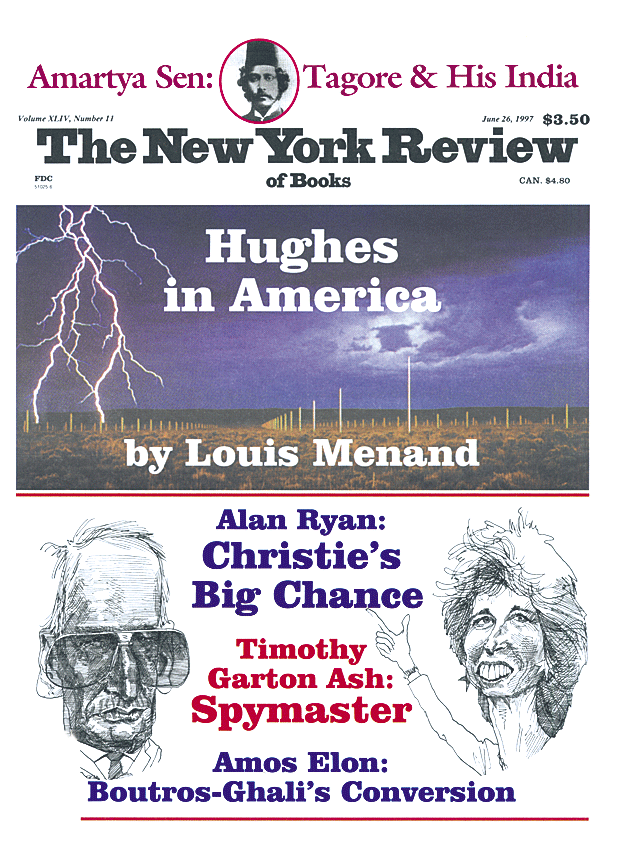In response to:
Reaching the Limit from the May 29, 1997 issue
To the Editors:
We at Carrying Capacity Network were heartened to see Bill McKibben’s superb review “Reaching the Limit,” focusing in part on our Carrying Capacity Briefing Book, in your May 29 issue. As McKibben accurately points out, the very health and, indeed, ultimately the survival of many of us here in the United States is contingent on human population not exceeding the carrying capacity of our country.
Nevertheless, McKibben’s otherwise excellent review relies on questionable US Census Bureau projections for future United States population growth. Unfortunately, Census Bureau projections have on several occasions seriously underestimated US population growth. Distinguished demographers Dennis A. Ahlberg and James W. Vaupel, whose pathbreaking study is found in our Briefing Book, indicate more accurately that, if current US population growth—2.5 to 3 million per year, fueled by both fertility of the native-born sector (40 percent) and large-scale immigration and the children of immigrants (60 percent)—continues at its present rate, the United States will exceed half a billion people by 2050, rather than the 400 million McKibben cites from the Census’s “middle” projection.
In any case, the real question, as McKibben rightly notes, is not what quality of life may be possible for a child born today, but what wrenching experience awaits a child born today when resource limits are reached and carrying capacity systems break down. Nature’s intervention to put a stop to the relentless population growth which we refuse to deal with ourselves is unlikely to be pretty. McKibben indicates that we might well shoot past the “Promised Land,” since “we seem nearly certain to try nearly doubling our population one more time.”
Let us hope we have the courage to implement policies to stop population growth before we meet, in most of our lifetimes, the Fifth Horseman of the Apocalypse—Population Overshoot, and Crash.
David F. Durham
President, Carrying Capacity Network
Washington, D.C.
Bill McKibben replies:
Though I am grateful to Mr. Durham for his kind words, I think his tone points up one problem that arises when we consider the question of carrying capacity. For too long we have talked of population “bombs,” “crises,” and “explosions,” and warned of apocalyptic horsemen. To understand why another doubling of the planet’s population—or the nation’s—may be a deep problem, one needs to think of it as occurring in conjunction with a great many other factors. It would be difficult enough to deal with global warming, for instance, if the population was stable; but the (very radical) goal of cutting fossil fuel use by, say 2 percent a year is that much harder if either the population or the economy is growing. “Population nickels and dimes you to death,” in the words of Cornell scientist David Pimentel. Avoiding rhetorical overkill makes a real discussion possible; otherwise one can all too quickly descend into, for instance, the unpleasant attacks on immigration that struck me as the most serious blemish on the Carrying Capacity Network’s useful briefing book.
This Issue
June 26, 1997


